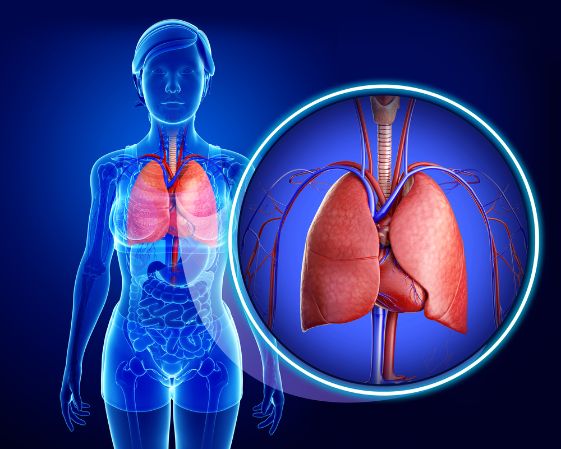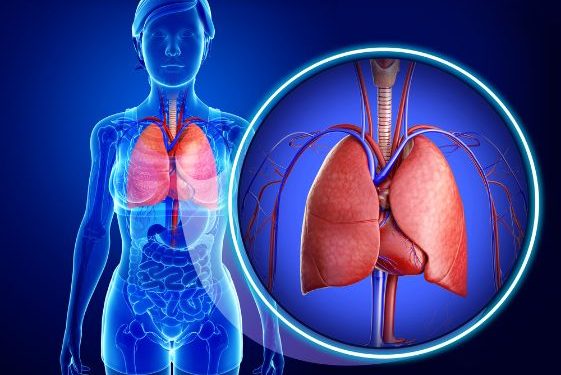Lung abscesses are a very serious medical condition that occurs when an infection gets into the lung. It can cause symptoms such as fever, cough, and night sweats, and may lead to additional complications if it isn’t treated.
The main causes of lung abscesses are aspiration (coming into the lungs through the mouth) of oral secretions from a person’s gums or mouth and drinking alcohol. A lung abscess can also occur if the immune system is weakened, such as by an HIV infection or cancer treatments like chemotherapy.
Symptoms of lung abscess vary by the type of bacteria that is causing the infection. Common symptoms include fever, cough, and a chest x-ray that shows a pus-filled cavity in the lung.
When a lung abscess is caused by bacteria, the symptoms usually clear up within 3 weeks of antibiotic treatment. But when a person’s immune system is weak, or if the abscess has been left untreated for a long time, it can become harder to treat and cause more severe problems.
Some people have several abscesses in their lungs at one time. These are called secondary lung abscesses. The most common cause of secondary lung abscesses is a tumor or a foreign body blocking the airway.

If your doctor thinks that your lung abscess is caused by a tumor or a foreign object, they will probably use bronchoscopy to remove the object. In some cases, they will insert a tube through your nose or chest wall to drain the infection. Sometimes, an entire section or lobe of your lung has to be removed.
A lung abscess can develop as the result of a blood clot or an infected body fluid that enters the lungs from another infected area, such as from septic pulmonary emboli. These clots and fluids often form in the lungs of people who inject drugs using dirty needles.
These clots and fluids can spread throughout the body. This can happen in someone who has a heart attack, an infection in the brain, or cancer of the breast, esophagus, kidney, or stomach.
If you have a lung abscess, your doctor will start you on antibiotics right away. They will give you antibiotics by mouth and by IV, depending on how serious your abscess is. Antibiotics are usually given until the fever goes away and a chest x-ray shows that the abscess is gone.
Occasionally, you will have to get other tests done to find out what is causing your lung abscess. These tests include a sputum culture, which will tell your doctor what kind of bacteria is causing the abscess. These tests can be expensive and take a long time to come back with results.
Most people with lung abscesses are cured after 3 to 6 weeks of antibiotic treatment, but some do not respond well to treatment. This is mainly because of a weak or impaired immune system, but it can also be due to bacteria that are resistant to antibiotics.









